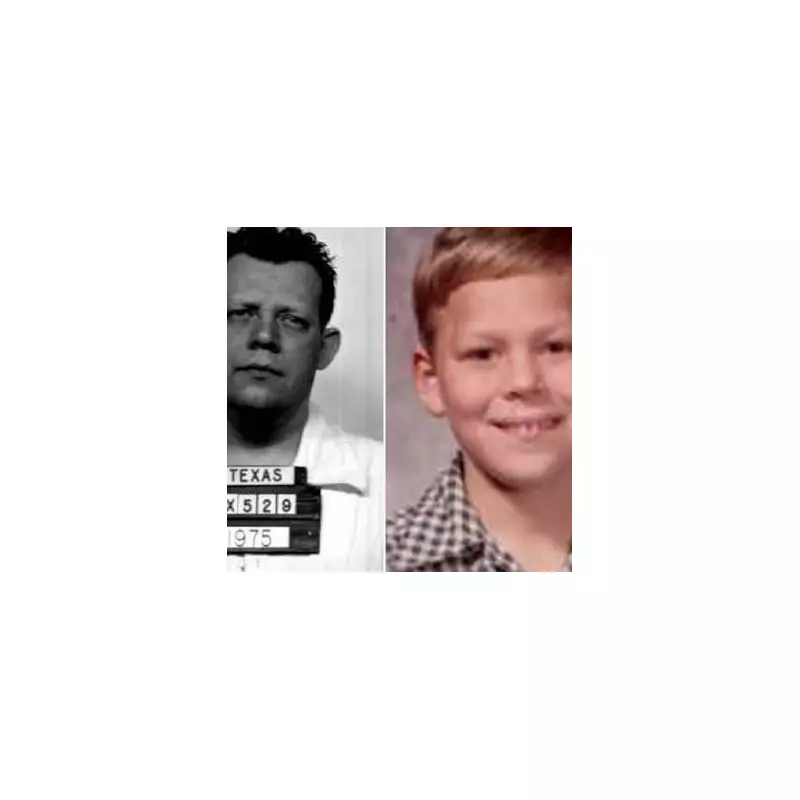
Long before the opioid crisis gripped modern America, a different drug epidemic was brewing in the 1970s, and it was orchestrated not by street dealers, but by a trusted paediatrician in a white coat.
Dr. Robert Weitzel, operating from his unassuming practice in the suburbs of Salt Lake City, Utah, became one of the most prolific legal drug dealers in US history. His speciality? Prescribing vast quantities of uppers, downers, and other mood-altering medications to a generation of teenagers.
The Doctor's Dangerous Prescription Pad
Weitzel's method was simple and devastatingly effective. He prescribed medications with a staggering lack of scrutiny. Records show he provided one teen with 1,200 Quaaludes—a highly addictive sedative—in a single year. For many of his young patients, a brief consultation was all it took to walk out with a script for hundreds of pills.
His clientele grew exponentially through word-of-mouth. Teens would travel from across the state, and even neighbouring ones, knowing that 'Dr. Bob' would provide what they wanted with minimal questions asked. He became a legend, a one-stop shop for a chemical escape, earning him the infamous moniker: The Candy Man.
The Staggering Scale of the Scandal
The numbers behind Weitzel's operation are almost incomprehensible. At the peak of his practice, he was seeing over 100 patients a day, a volume that made him a millionaire. Investigators later estimated he was personally responsible for prescribing a significant percentage of all the stimulants and depressants dispensed in the entire state of Utah.
His prescriptions weren't for minor ailments. He liberally prescribed powerful and addictive drugs like:
- Dexedrine (an amphetamine stimulant)
- Quaaludes (a sedative-hypnotic)
- Barbiturates (downers)
- Codeine (an opioid painkiller)
For countless young people, their first experience with serious drug addiction began not in a back alley, but in a sterile doctor's office.
The Inevitable Crash
The party couldn't last forever. The medical community and law enforcement finally took notice of the trail of addicted youth and the astronomical volume of prescriptions coming from a single source.
In 1972, the hammer came down. Federal agents arrested Weitzel on charges of violating narcotics laws. The subsequent investigation and trial peeled back the layers on a medical professional who had utterly betrayed his oath to 'do no harm'.
His medical licence was revoked, and his reign as the 'Candy Man' was over. However, the damage was already done, leaving a legacy of addiction and trauma that would linger for decades in the Utah community.
A Chilling Precursor to Modern Crises
The story of Dr. Robert Weitzel is not just a bizarre historical footnote. It serves as a chilling precursor to today's prescription drug epidemics. It highlights the immense power and trust placed in medical professionals and the catastrophic consequences when that trust is exploited for profit or notoriety.
Decades before Purdue Pharma and OxyContin, the 'Candy Man' demonstrated how a single prescriber could unleash a wave of addiction, forever altering the lives of a vulnerable generation and cementing his place in the dark annals of American medical history.





